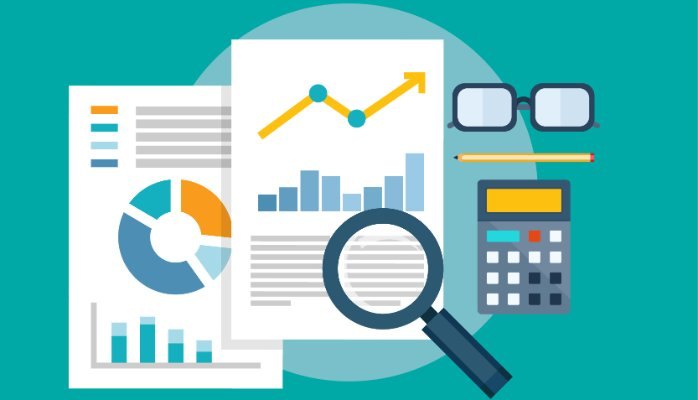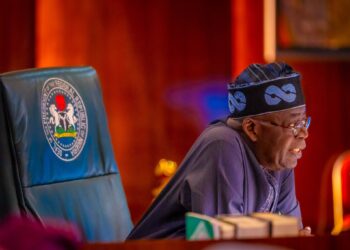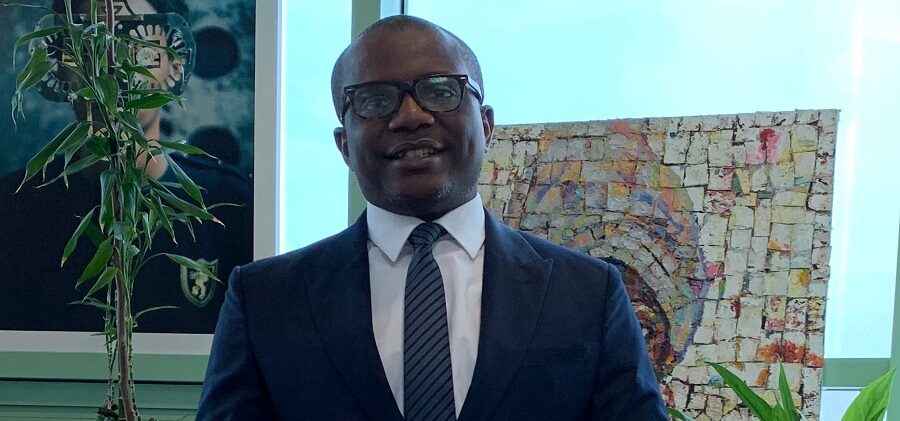- FDI stood at $246.2 million in Q1 2018.
- FDI fell by 34.83% from previous quarter.
- FPI stood at $4,565.09 million in Q1 2018
- FPI grew by 31.1% from last quarter.
- Total Capital Importation into Nigeria was $6,303 million for the first quarter of 2018 compared to $5,382 million in the preceding quarter Q4 2017.
Data from the National Bureau of Statistics reveal Nigeria attracted a total of $246.2 million Foreign Direct Investment (FDI) in the first quarter of the year 2018 compared to $378.41 million in the fourth quarter of 2017 while a total of $4565.09 of Foreign Portfolio Investment (FPI) was realised at the same period compared to $3477.53 in Q4 2017.
[wpdatachart id=185]
FPI has been increasing since the first quarter of 2017 and has particularly been rising swiftly since Nigeria exited recession in Q2 2017 while FDI fell since the first quarter of the same 2017 and has been fluctuating since then.
NBS recently reported that
“Foreign Direct Investment in Nigeria Is still weak when compared to Portfolio Investment and Other Investment, representing only 3.9% of total capital imported. Equity Investment, a sub-category under FDI contributed ($246.61 million) or 99.9% of FDI during the quarter, while Other Capital under FDI contributed less than 0.001%.”
What this means
FDI is an investment in form of a controlling ownership in a business in one country by an entity based in another country while FPI is the entry of funds into a country where foreigners deposit money in a country’s bank or make purchases in the country’s stock and bond markets, sometimes for speculative purposes.
[wpdatatable id=374]
















